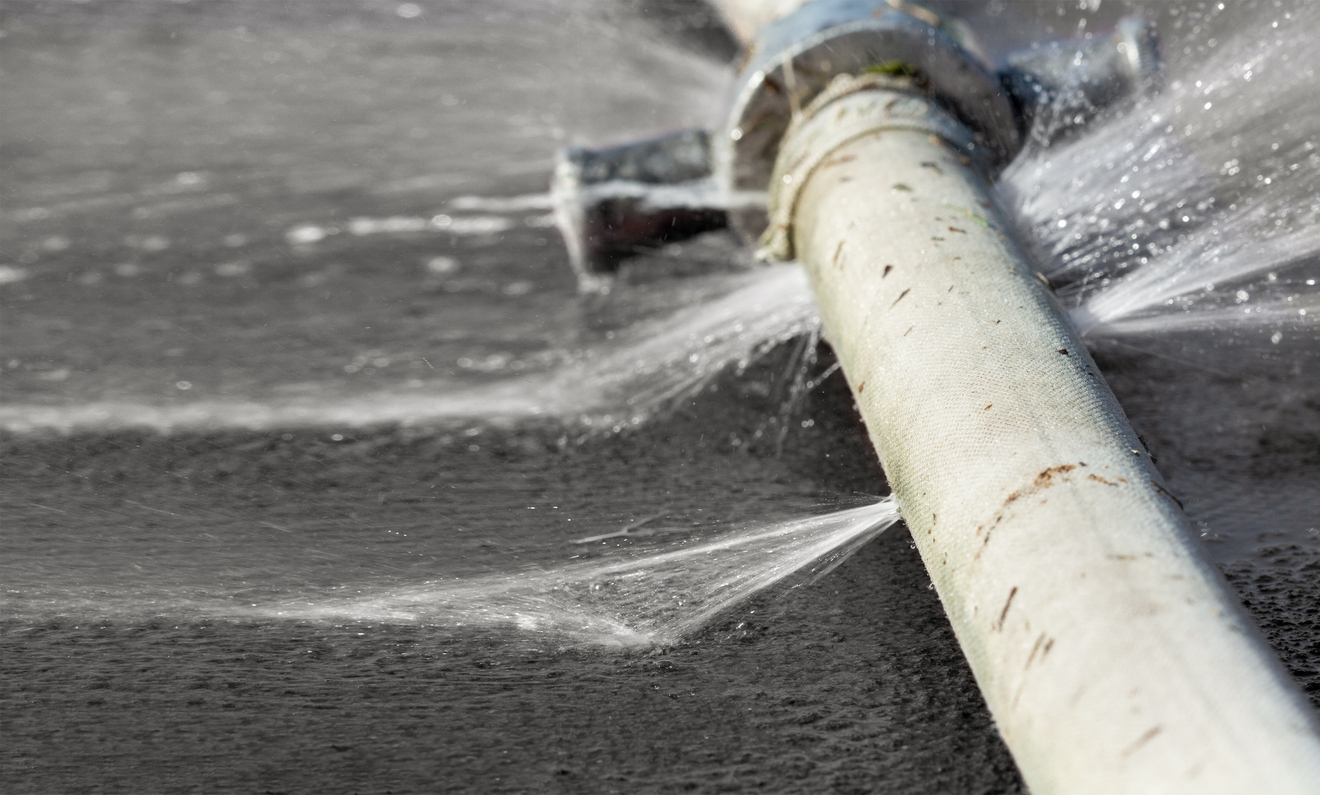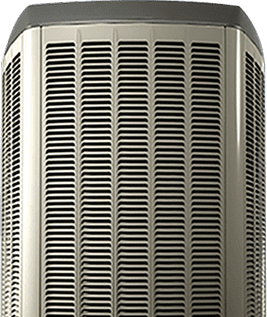Will Pipes Burst If Water Is Turned Off

Will Pipes Burst if Water is Turned Off
Homeowners frequently choose to turn off the water supply to their homes when taking a holiday or absent for an extended period of time. Turning off the water when away can assist in preventing issues like water leaks, flooding, or other types of water-related damage. Having said that, there are certainly risks involved with doing this that homeowners need to be aware of.
One major worry is that your plumbing system may rupture, particularly in places where frigid weather is expected throughout the year. So, how does this happen? Water swells within pipes upon freezing, exerting enormous stress on the pipe walls. As a result, there could be significant water damage to your property if the pressure from the thawing water causes fractures or breaks in the pipework.
To learn more about this issue, join the team from Furnasman Heating and Air Conditioning as we unravel what you can do if this happens in your home and how you can prevent this common problem from happening in the first place. Keep reading for more information.
Ways to Avoid Bursting Water Pipes
Travelling to a hotter region of the world makes sense if you reside in an area where continuous frigid temperatures occur. That being stated, it is imperative that you make sure your water supply is secured from freezing before you depart toward warmer weather. Here’s how to stop your pipes from exploding when you turn off the water supply in your home:
· Insulate your home’s water pipes: Ensure that all of your exterior pipes are adequately insulated, especially the ones located in cooler areas of your home. This could be spaces like closets, your attic, and basements if you have one.
· Consider emptying your water supply entirely: Prior to shutting off the water, you may want to consider emptying your plumbing system. Start by turning on all your faucets and allowing the water to run. You can also start your washing machine and dishwasher, along with emptying the toilets and allowing the water to completely drain the water from these appliances. This lessens the amount of water that might freeze and bust your pipes. While this is a good option for homeowners leaving for extended periods of time, it may not be worthwhile for homeowners leaving for a week or so.
· Cover openings and cracks: Seal off any spaces left by openings in windows, doors, or walls that could allow cold air to enter and raise or lower the ambient temperature in your home that is in close vicinity of your pipes.
· Consider installing a programmable thermostat: Invest in a thermostat that you can set to maintain a specific temperature in your home while you’re away. You can avoid frozen pipes indoors by doing this. It can also give you peace of mind while you’re away, knowing your home is protected from bursting pipes and water damage in general.
In the end, following these safety measures can greatly lower the possibility of pipe breaks following water shutoff. That said, you might find it helpful to get in touch with a licensed plumbing business in your neighbourhood for specialized guidance and solutions made to fit your particular requirements and house, like the team from Furnasman Heating and Air Conditioning!
Warning Signs of Frozen Pipes
It’s crucial for homeowners to identify the signs of frozen pipes so they can act quickly to fix the issue and safeguard their water supply from potential harm. The following are crucial clues that will help you detect frozen pipes in your home:
· Lack of water flow: The failure of a tap to dispense water is one of the more evident signs of frozen pipes. If you switch on the tap and just very little or no water flows out, it may indicate that the water in the water lines has frozen.
· Frost on pipes: Inspect any water lines that may have developed frost buildup.
· Strange Odours: Sometimes, unusual scents coming from faucets or drains can be caused by frozen pipes. This could be brought on by trapped gases as a consequence of constrained water flow.
· Weird sounds: Listen for any unusual sounds generated by the pipes when running water. Sounds coming from the pipes, such as cracking or hammering, could indicate that the water is freezing and swelling.
· Evident moisture: If you notice moisture outside of pipes in unexpected places, it may be a sign of frozen pipes. The temperature difference between the frigid inside and the warmer exterior causes moisture.
· Pipe swelling or bulging: Keep an eye out for any telltale signs of pipe swelling or bulging. When water freezes, it swells and puts a lot of pressure on the walls of the pipe, which can lead to distortions.
· Leaks that are visible as they thaw: After the pipes thaw, inspect them for any leaks. The expansion of the ice inside the pipes may result in fractures or splits as the ice begins to melt.
Need a Professional Plumber? Call Furnasman Today!
Coming back from vacation to find the pipes in your home have frozen while you’ve been away can be frustrating. If this is something you’ve been dealing with, the team from Furnasman Heating and Air Conditioning is here to help.
Our professional plumbing team is available for all repair and maintenance services 24/7/365 days a year, including after-hours, weekends, and holidays, at no additional charge.
With over 75 years of experience, Furnasman Heating and Air Conditioning is pleased to work with homeowners living throughout Winnipeg, Garden City, Downtown, East Kildonan, Headingley, North Kildonan, St. Andrews, St. James, St. Vital, Tuxedo, West Kildonan, Windsor Park, The Maples, Charleswood, Fort Garry, and the surrounding areas.
For prompt, high-quality plumbing repairs and maintenance, don’t hesitate to reach out to the team to schedule your appointment with us today. You can reach out to us directly or use our online booking form. We look forward to working with you.
